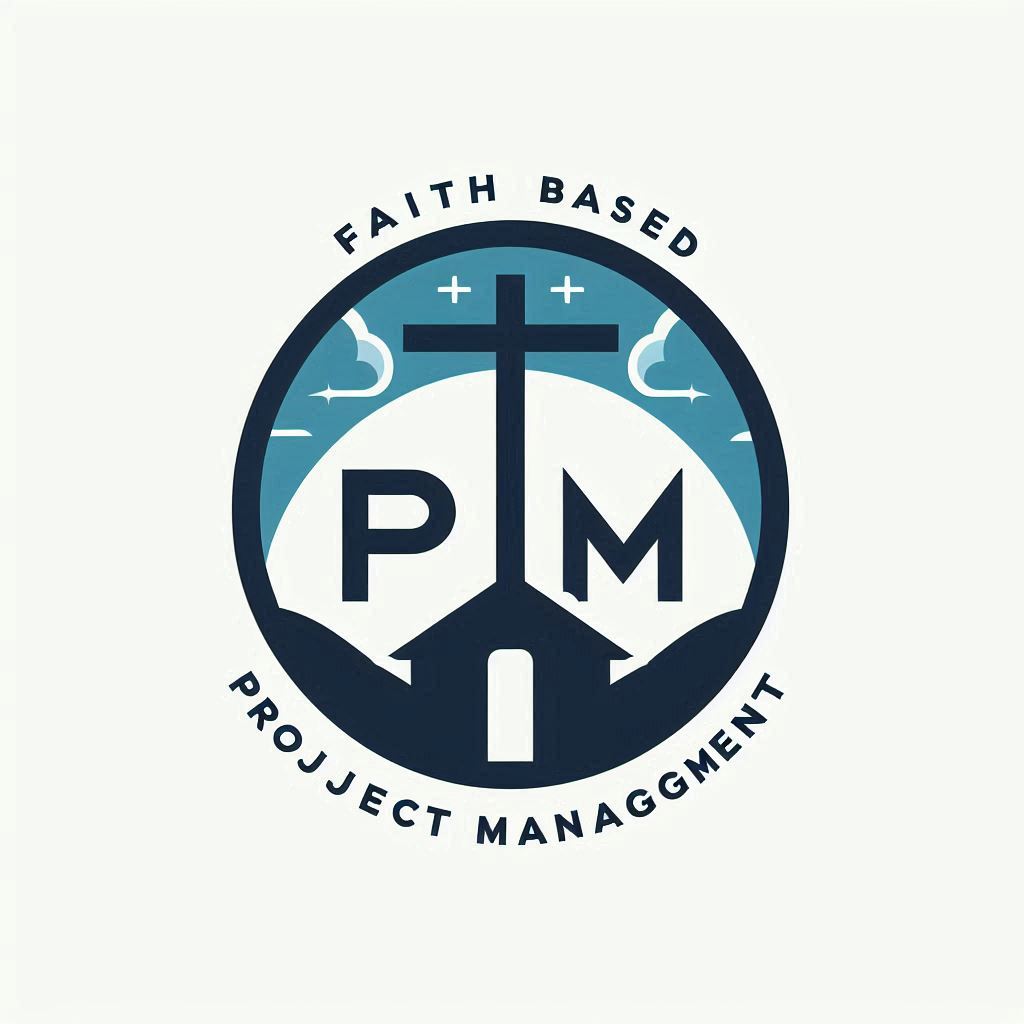Title: Effective Planning Techniques with a Faith Perspective: Aligning Goals with Purpose and Belief
Meta Description: Discover how to integrate faith into your planning process for greater clarity, purpose, and resilience. Learn practical techniques for aligning your goals with your values and beliefs, drawing on spiritual wisdom and real-world examples.
Article:
Introduction: Planning with Purpose and Perspective
In a world often driven by immediate results and fleeting trends, incorporating a faith perspective into planning offers a unique and powerful approach. “Effective planning techniques with a faith perspective” isn’t just about setting goals; it’s about aligning those goals with a deeper sense of purpose and trust. This approach emphasizes ethical considerations, resilience in the face of uncertainty, and a focus on long-term impact. Whether you’re planning a project, a career move, or a personal journey, integrating faith can provide clarity, direction, and peace.
Understanding the Foundations: Integrating Faith with Planning
Defining the Essence of Faith-Centered Planning: True planning involves aligning goals with personal beliefs and values. It’s about more than just strategizing; it’s about ensuring our actions reflect our deepest convictions and contribute to a purpose greater than ourselves.
Spiritual Wisdom and Secular Techniques: We bridge the gap between time-proven methods of planning and spiritual insights. This means using practical tools like goal-setting frameworks and time management techniques while remaining grounded in prayer, reflection, and spiritual guidance.
Case Studies: Consider figures like Mother Teresa, whose unwavering faith guided her mission to serve the poor. Or, think of Martin Luther King Jr., whose spiritual vision and strategic planning led the Civil Rights Movement. These real-world examples demonstrate the power of integrating faith into planning.
Strategies for Effective Planning: Balancing Faith and Practicality
Prayerful Consideration: Incorporate prayer into the planning process to gain clarity and direction. Begin each planning session with prayer, seeking divine wisdom and guidance. Use prayer to reflect on your goals and ensure they align with your spiritual journey.
Setting Faith-Driven Goals: Set achievable goals that reflect your spiritual aspirations. This means not only focusing on professional or personal achievements but also on spiritual growth, acts of service, and contributions to your community.
The Role of Community: Draw strength and inspiration from community faith groups and leaders. Engage with your faith community for support, accountability, and shared wisdom. Community leaders can provide valuable insights and encouragement, enhancing your planning strategies.
Overcoming Challenges: Staying Committed to Faith-Based Planning
Navigating Obstacles: Common challenges in faith-based planning include doubt, distractions, and setbacks. To overcome these, practice mindfulness, maintain a journal of your spiritual journey, and seek counsel from trusted advisors. Remember, challenges can be opportunities for growth.
Staying Motivated: Keep faith at the forefront of planning, even in trying times. Regularly reflect on your purpose, revisit your core values, and remind yourself of the larger picture. Find motivation in the stories of faith-driven leaders and in the support of your community.
Measuring Success: Evaluate progress not just by secular metrics but also by spiritual growth and fulfillment. Reflect on how your actions align with your values, how you’ve grown in faith, and how you’ve contributed to the well-being of others. Success is measured by both tangible results and spiritual impact.
Implementing Action with Faith and Diligence
Faith-based planning isn’t just about setting intentions; it’s also about taking action. This involves:
- Disciplined Execution: Applying diligence and perseverance to your tasks, knowing that your efforts are part of a larger purpose.
- Mindful Progress Tracking: Regularly review your progress and make adjustments as needed, while remaining grounded in your faith.
- Celebrating Milestones: Acknowledge and celebrate your achievements, recognizing that your success is a result of both your efforts and divine guidance.
Reflecting and Learning with Gratitude
The planning process is cyclical, and reflection is a crucial component. A faith perspective encourages gratitude and learning:
- Gratitude for Blessings: Expressing gratitude for the opportunities and blessings that come your way.
- Learning from Experiences: Reflecting on both successes and setbacks to gain wisdom and improve future plans.
- Continuous Improvement: Using the lessons learned to refine your planning techniques and deepen your faith.
Conclusion: Aligning Your Path with Purpose and Belief
“Effective planning techniques with a faith perspective” provide a powerful framework for achieving your goals while staying true to your values and beliefs. By integrating prayer, values-driven goals, community support, resilience, diligent action, and gratitude, you can create a life of purpose and fulfillment. Remember that planning with faith is not about controlling outcomes but about aligning your path with a higher purpose and trusting in the journey.
